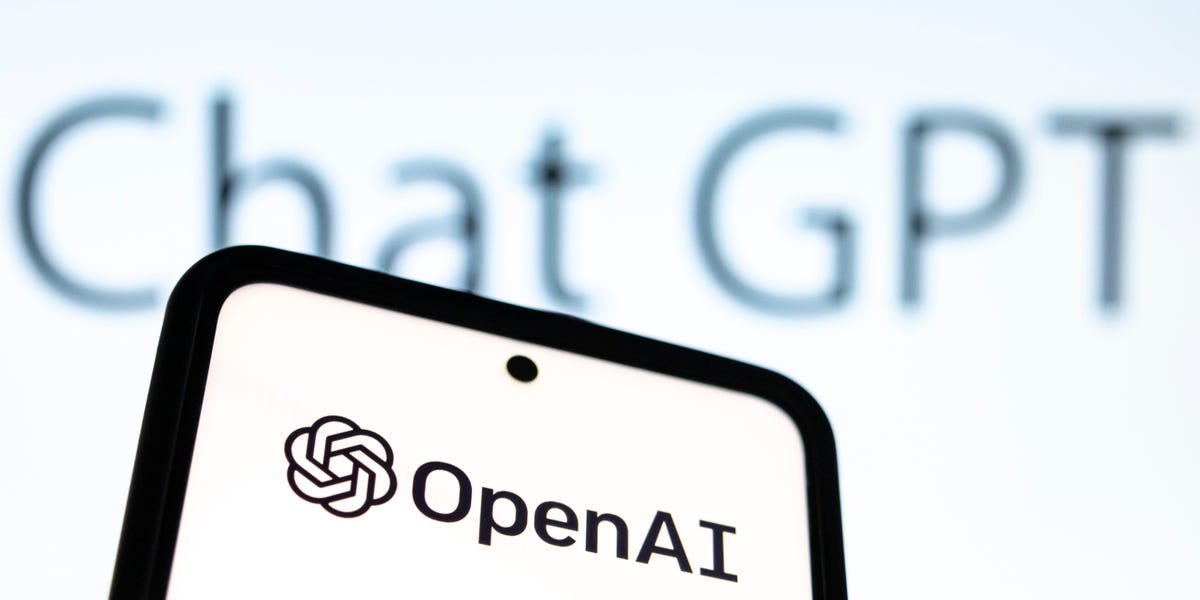- Despite many tales of “AI doom,” some workers have found ways for AI tools to support their work.
- Workers said they’re using ChatGPT to write blogs, manage emails, and fine-tune contracts.
- In some cases, the tool is tackling their boring admin tasks or helping them plan team trips.
CEOs are getting excited about generative AI and companies are promoting tools such as OpenAI’s ChatGPT to help increase productivity – or even replace workers.
Amid the gloomy projections, however, some workers are finding ways to make the potentially job-stealing tools work for them.
Nick Patrick, who owns the music production company Primal Sounds Productions, said he used the bot to create contracts and help write social posts. Getting the bot to fine-tune legal contracts for clients saves him a boring administrative task.
“It’s saving me maybe 10 or 15 minutes for each one. Although it’s not significant, over time if I’m doing tonnes of them it adds up,” Patrick said.
“Writing a contract and filling in the information is a tedious task that just consumes time for no real reason.”
Although the bot’s been helpful for social-media content, Patrick says he’s noticed the posts can become repetitive.
“I think as it becomes more commonplace and certain responses or even images from other programs are becoming easier to identify,” he said.
Patrick also said he’d been using the chatbot to plan trips. “It’s good at finding places we want to eat that would be in the area or stops along the way. It can help get more of a team directive going.”
Another worker, a freelance product marketer who asked for anonymity to protect his business, said ChatGPT has been a “game changer.” He said he’d been using the chatbot to write blogs, emails, and for idea generation among other things.
He told Insider during a video interview that the “scary market” meant he was already overworking before he discovered the bot.
“Doing the amount of work needed for several companies meant that I pretty much had to spend 12 to 16 hours a day just getting things done,” he said. However, when he came across ChatGPT he found if he asked the bot to “ingest” a summary document he could then prompt it to create on-brief marketing materials for his clients such as emails and social media posts.
He said he was working with four clients who all required about 15 hours of work a week. Using ChatGPT saved him about three to four hours per client. Insider reviewed Slack channels and email domains to verify the marketer’s clients.
“Obviously ChatGPT is not as good as what people can do, but it creates like an 80% base where I can build from,” he said. “It saves at least 60% to 70% of my time, and a lot of mental anguish.”
Before discovering ChatGPT, the marketer said his workload had reached a point where he was considering hiring an intern, despite the risk that training one would slow him down. “Now ChatGPT is so good I don’t need to,” he added.
Read the full article here





